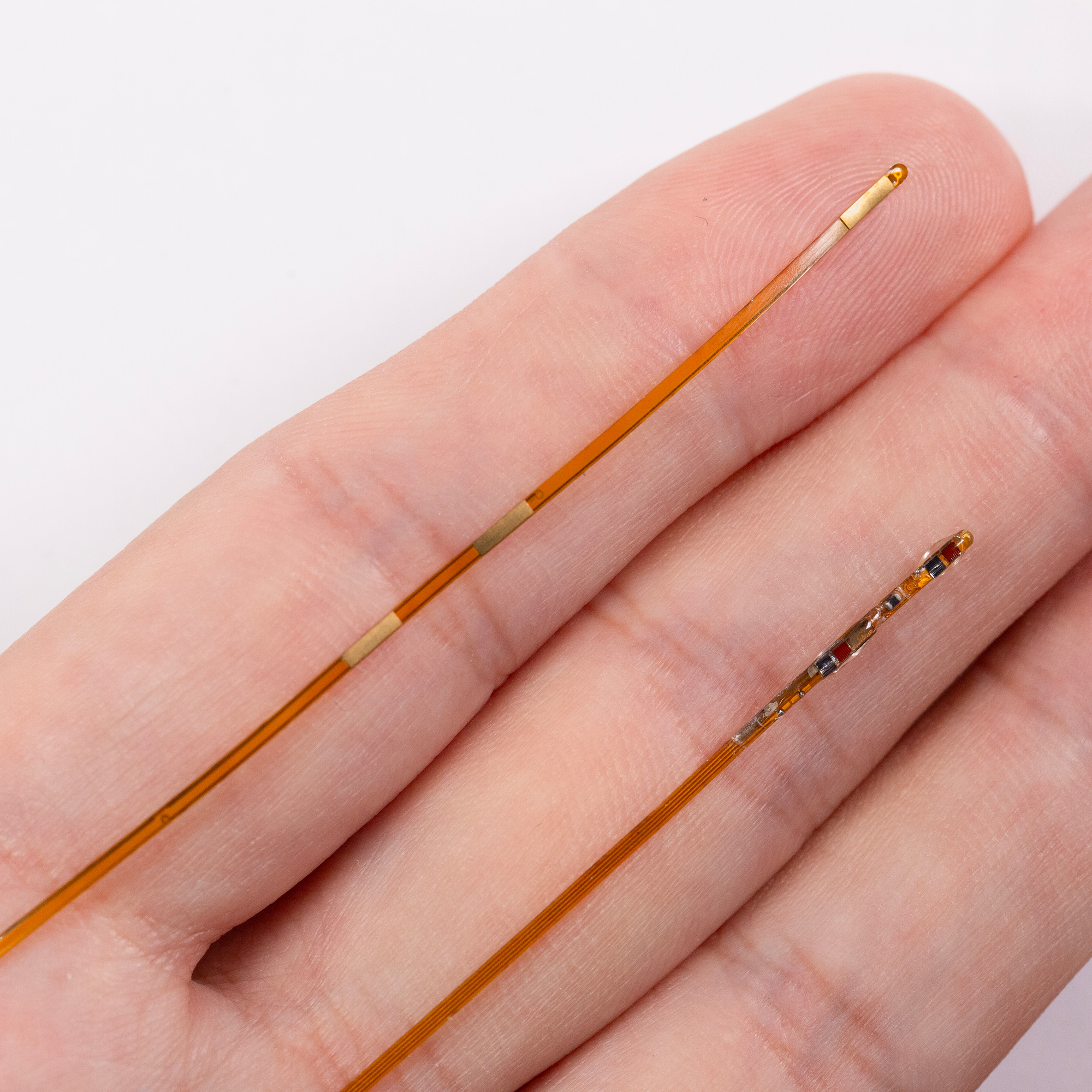Author: mrr5831
-

Uncovering the Degenerative Basis of Parkinson’s Disease
Northwestern investigators have discovered the molecular signature of a subset of dopaminergic neurons that increases their vulnerability to degeneration.
-

Global Health Day Celebrates Research, Education and Impact
Feinberg’s Robert J. Havey, MD Institute for Global Health hosted the 10th annual Global Health Day symposium on December 3, featuring keynote speakers, online poster presentations, and question and answers sessions.
-

Mistreatment is Common Among LGBTQ Surgery Residents
U.S. surgical residents who identify as LGBTQ+ reported higher rates of mistreatment in their training programs than their non-LGBTQ+ peers, according to a Northwestern Medicine study.
-

Northwestern Scientists Investigate COVID-19 Vaccines, Tests and Disparities
Northwestern Medicine scientists continue to tackle every facet of the COVID-19 pandemic, from investigating coronavirus vaccines’ potential for providing immunity against similar coronaviruses to developing novel rapid antigen-based tests and examining disparities in COVID-19 case and mortality rates in Chicago.
-

Drug May Benefit Patients with Heart Failure
Dapagliflozin, a drug commonly used to treat type 2 diabetes, improved heart failure-related symptoms and physical limitations in patients with heart failure with preserved ejection fraction.
-

Identifying Cancer Biomarkers for Immunotherapy Response
Scientists have discovered a potential biomarker that could more accurately identify which patients with non-hypermutated cancers will respond to specialized immunotherapy drugs.
-

Combination Therapy Reduces Toxic Aggregates in Parkinson’s Disease
A combination of drugs could fix the broken lysosomal enzyme pathway in Parkinson’s disease-afflicted neurons, according to a recent study.
-

NUPOC Students Create Teddy Bear Braces for Lurie Children’s Patients
On November 5, students in the Master of Prosthetics & Orthotics (MPO) program through Northwestern’s Prosthetics-Orthotics Center constructed more than 50 braces for teddy bears gifted to pediatric patients at Ann & Robert H. Lurie Children’s Hospital.
-

How Herpes Checks Into the Nervous System for Life
A new Northwestern Medicine study has uncovered herpes’ sneaky strategy for infecting the nervous system, opening a path to long-needed vaccine development for the virus.
-

Drug May Improve Cardiac Function in Hypertrophic Cardiomyopathy
Valsartan, an angiotensin II receptor blocker drug, delayed disease progression and improved cardiac structure and function in patients with early-stage hypertrophic cardiomyopathy, according to a recent clinical trial.






